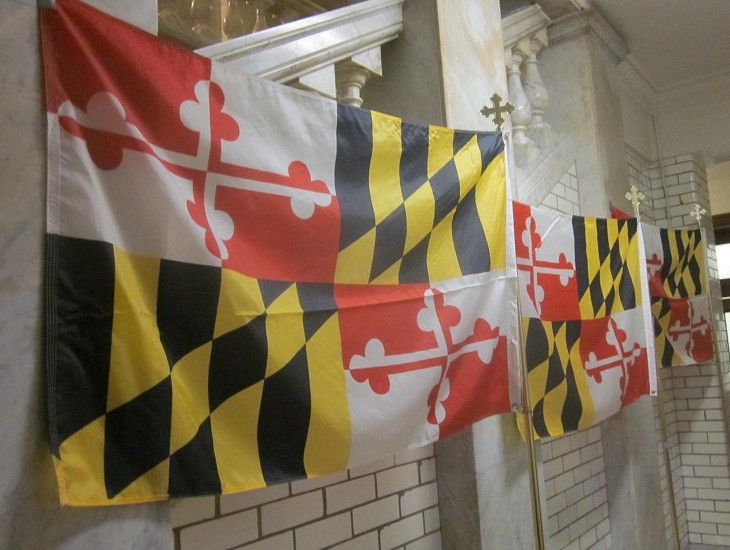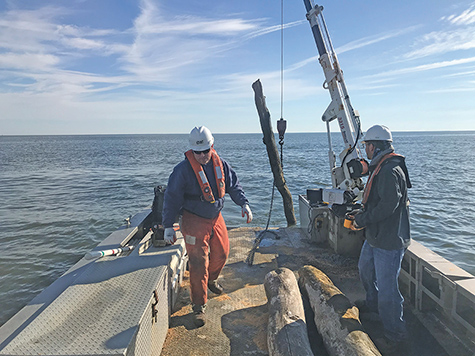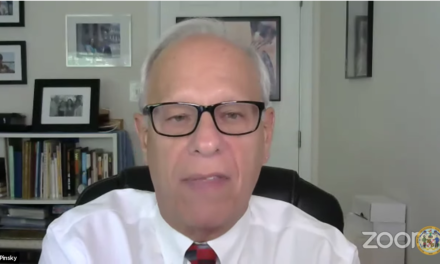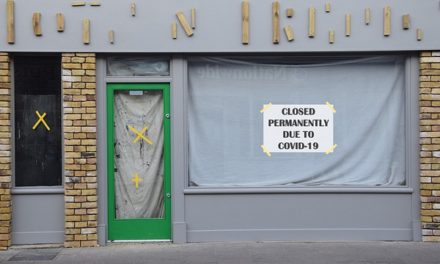 By Dana Amihere
By Dana Amihere
dana@marylandreporter.com
Eighty-seven of the state’s 188 legislators earned an 100% from the Maryland League of Conservation Voters on their environment scorecard released Tuesday.
The scorecard measures the environmental record of General Assembly members based on their votes on the floor and in committee on bills including offshore wind, arsenic in poultry feed, fracking and drilling regulations, septic and wastewater system upgrades to protect the Chesapeake Bay and a tax imposed on plastic bag use.
For the League’s executive director Karla Raettig, the scorecard is a tangible means of keeping voters informed and their officials in Annapolis accountable.
“It was a mixed bag this year,” said Raettig. “We applaud the legislators who stood up to protect our air, land, water and people and drive our economy.”
Top scorers: Metro region, Baltimore City
More than 70% of this year’s A+ legislators represent constituents in Prince George’s and Montgomery Counties and Baltimore City — all large jurisdictions which elect no Republicans.
While the delegates in these areas scored slightly higher than the senators, their combined average is about 95%, far and away higher than the statewide averages –– 63% in the Senate and 69% in the House.
Failing grades
Central Maryland had the lion’s share of the state’s failing legislators. Eleven senators and delegates earned a zero in these counties, more than half of the state’s overall total.
Only one Democrat in the legislature earned 0%, St. Mary’s Sen. Roy Dyson, the rest were Republicans.
Sen. Nancy Jacobs, R-Harford-Cecil, explained that her votes reflect the needs of her constituents, many of whom are farmers she calls “the best environmentalists there are.”
Jacobs said the ban on arsenic in chicken feed she voted against was “going a little too far.”
“There’s arsenic in minute amounts in almost every feed there is. You’re not going to find very many feeds that don’t have some small measure of arsenic. When you’re looking at parts per million or parts per billion on these issues, a chicken would have to eat a railroad car-full (to be harmed).”
Del. Michael Hough, R-Frederick, who also received a 0%, agreed that certain bills he voted against this past session were “unnecessary regulations” part of a “liberal agenda.”
Hough vehemently opposed doubling the so-called “flush tax,” which he said penalized small business owners in his district, or mandating costly upgrades to private sector septic systems. “I think we all can agree to protect the environment, but we can’t continue to do it at the expense of farmers, small business owners and taxpayers,” Hough said.
Difference of opinion
Legislators from the other side of the aisle and rated 100% by the League disagreed.
Sen. Paul Pinsky, D-Prince George’s, stressed that more than $1 billion would be raised to upgrade 67 public wastewater treatment plants, making them more efficient and less of a detriment to the Bay, by doubling the flush tax from $30 to $60 year.
In addition, Pinsky, floor leader for the bill aiming to limit septic systems’ sprawl in parts of the state, said that development shouldn’t involve dropping “a subdivision in the middle of a cornfield on the Eastern Shore.”
Del. Heather Mizeur (D-Montgomery) said, “We have things that make people make want to live here, from the top schools in the nation to our most pristine, beautiful environmental treasures, and we have to protect that.”






Recent Comments